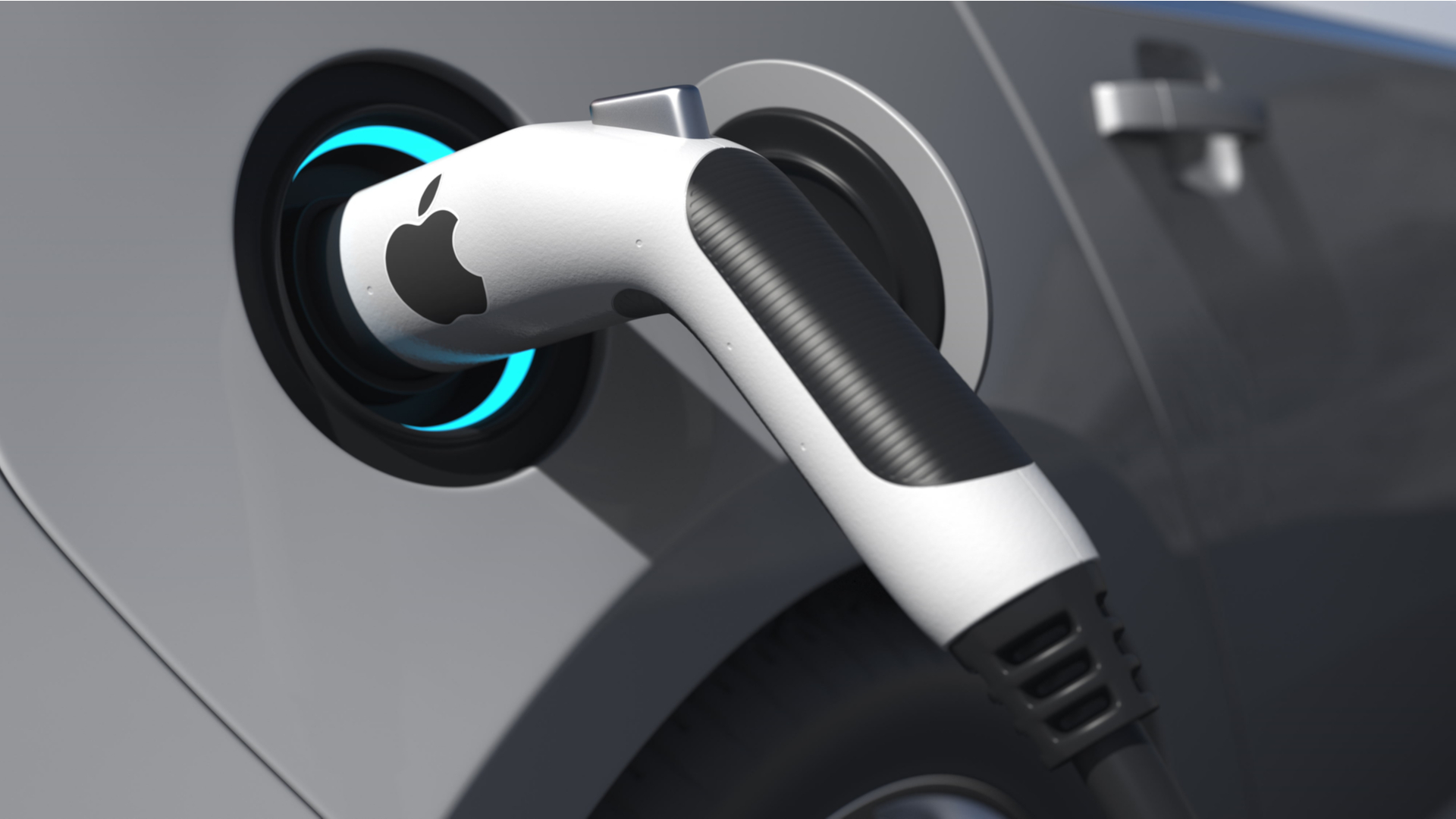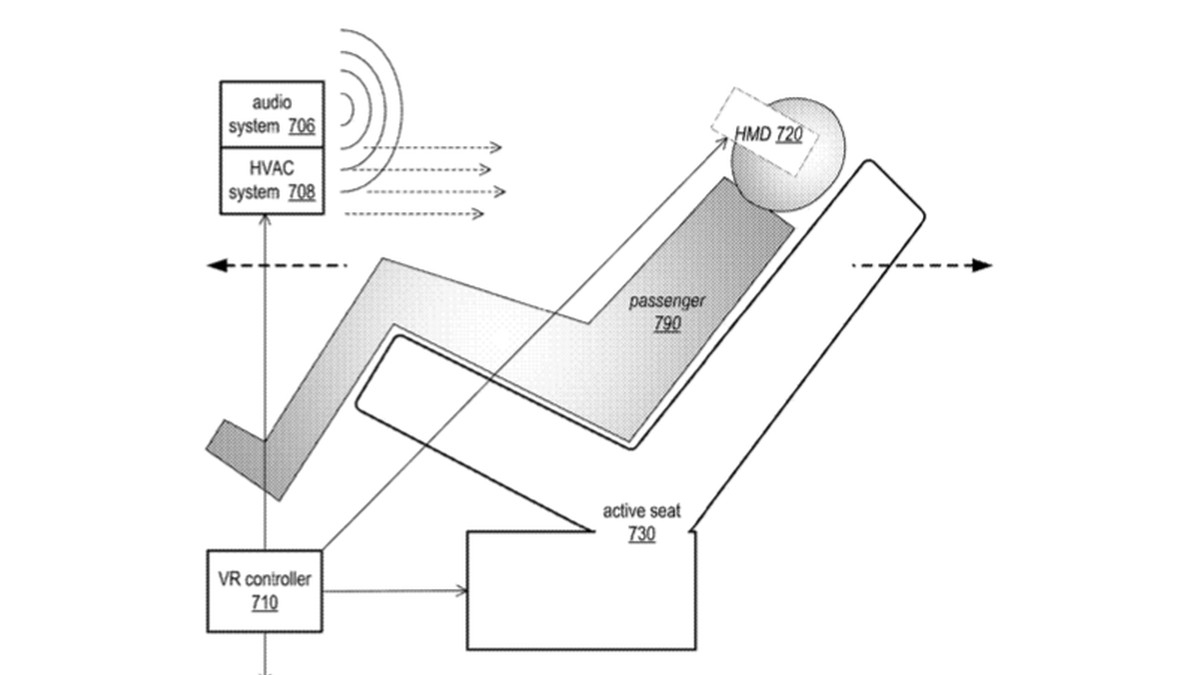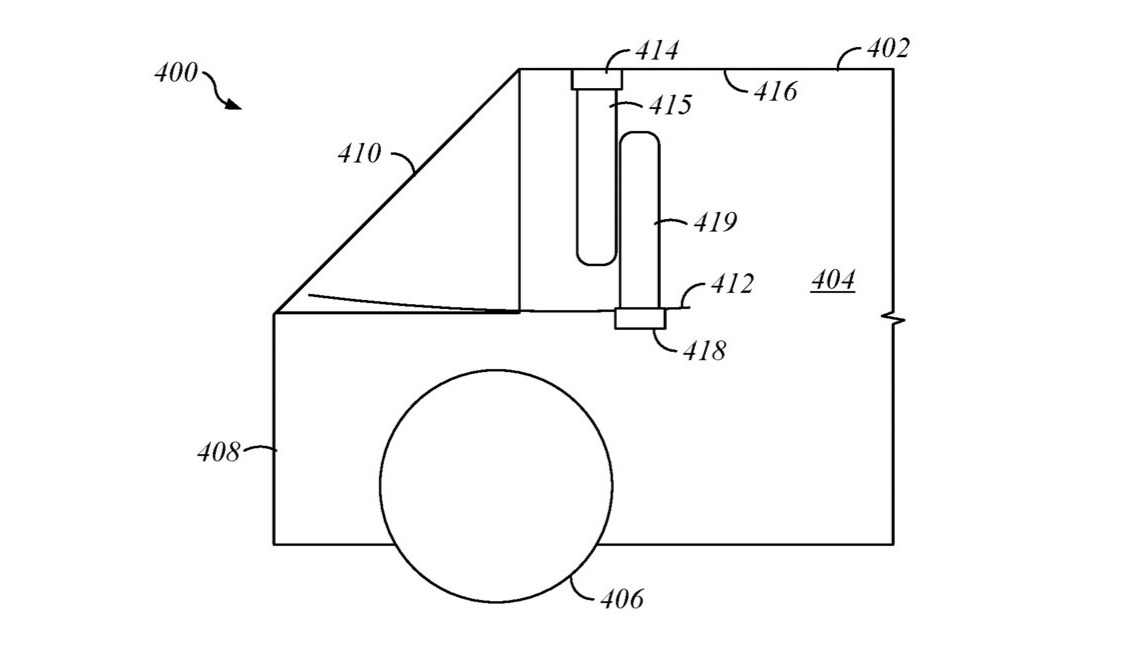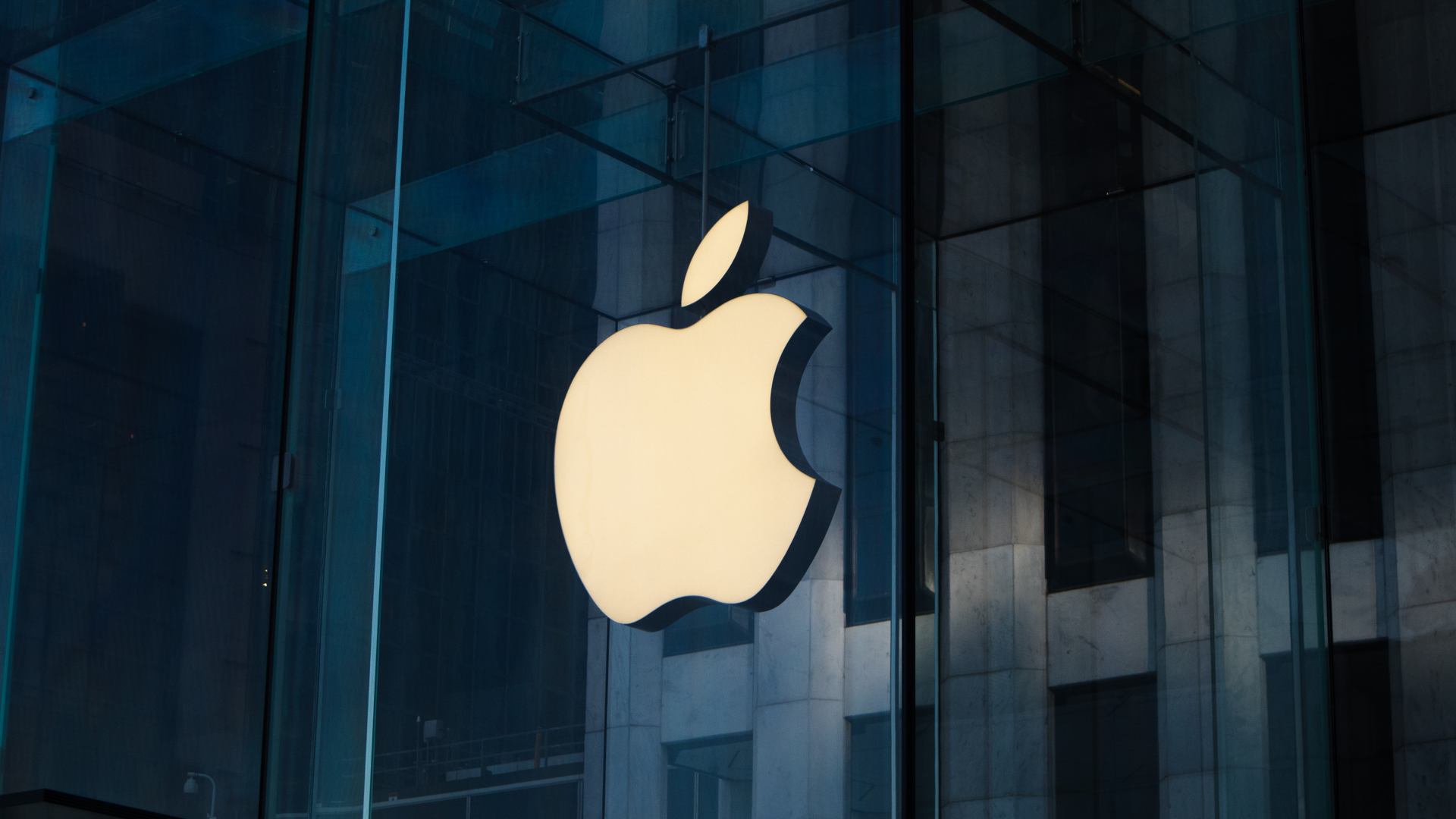Apple Car: everything we know so far
The Apple Car project is no stranger to the rumor mill.
Reports of trade deals, industry partnerships and vehicle specs have swirled ever since mutterings of an Apple-produced car began several years ago, and the tech company – known for its penchant for keeping things under wraps – has often been quick to dispel false information as quickly as it gains traction.
We do know for certain that Apple is working on an autonomous automotive project (codenamed Project Titan), but many big questions still remain unanswered.
Will it be an actual Apple Car, tech we can integrate into our own vehicles or hardware and software licensed to third-party car makers? Could it even be part of a service, run by Apple to transport us around in driverless cars?
At present, it looks likely to be the former, though imminent production hopes remain stagnant thanks to Apple's continued struggle to pin down a willing automotive manufacturing partner.
In this guide, we walk you through everything we know about the Apple Car so far, including what we expect to see when it does eventually arrive on our roads, along with all the latest Apple Car news, rumors, leaks and updates from Silicon Valley's most anticipated vehicular project.
The latest reports suggest Apple is in talks with Chinese battery supplier CATL – which already counts Tesla among its customers – to produce the power source for the Apple Car, though a deal could be dependent on the latter's willingness to build manufacturing facilities in the US.
As for new tech rumors, another design patent suggests Apple is working on a system of "windshield area intrusion control" to prevent flying objects penetrating the car's windscreen.
Reports also suggest Apple Watch chief Kevin Lynch has been assigned to lead the project.
Cut to the chase
- What is it? Apple's long-rumored car, which could be self-driving
- When is it out? Long story short: nobody knows
- What will it cost? Unclear right now, but expect a premium price tag
Apple Car release date and development
Long story short: nobody knows.
That's because Apple hasn't yet nailed down an automotive manufacturer to partner with on the project, and the question of which car brand to do business with has been the major subject of conversation – and controversy – around the Apple Car vision.
As far back as May 2018, Apple were reportedly in talks with German automotive giant Volkswagen to produce an autonomous employee shuttle van based on the T6 Transporter commercial vehicle – a program which was expected to lead to the development of an Apple car for the mass market.
But after a series of high-profile test crashes and employee leaks, the partnership between the two companies stifled, and little more was disclosed on the matter.
Here's the car that #Apple's using to test its autonomous car technology. Story with @mhbergen. https://t.co/jHLnJDRjoS pic.twitter.com/zTezUmcZwCApril 27, 2017
More recently, we thought the tech giant was in promising talks with Hyundai regarding production of the autonomous electric vehicle. Then we reported on rumors which suggested Apple had in fact signed a manufacturing deal with Hyundai's subsidiary company, Kia, which would bring the Apple Car to market as early as 2024.
Alas, in typical Apple style, another report then emerged which suggested Apple has now called off talks with both Hyundai and Kia, with the company turning its attention to several Japanese automotive manufacturers in an effort to finally bring its ambitious EV (electric vehicle) plans to fruition.
Rumors then began indicating that Apple approached Nissan as one of these potential Japanese manufacturing partners, but a report from the Financial Times suggests "contact was brief and the discussions did not advance to senior management levels following divisions over branding."
In 2021, then, it looks like Apple is still hunting for a partner on the project. Apple analyst Ming-Chi Kuo recently claimed the Apple Car might not be launched until 2028 or later, given the impasse in negotiations, so expect to be waiting a long while to see it on the road.
It's no surprise, though, that collaboration has been such a sticking point for the company. Despite being widely-considered the most successful business in the world, Apple's expertise lies in tech development, not automotive manufacturing.
That means it needs help from another organisation, but it would seem that the big car brands have been unwilling to become a bit-part supplier – in the same way Foxconn is to Tesla – on a vehicle that would ultimately bear the Apple name.

One unlikely rumored alliance is that of Apple and LG Electronics. According to a recent Korea Times report, Apple is “very near” to landing a collaborative deal with the South Korean tech giant (alongside Canadian automotive supplier Magna International), which has recently departed from the smartphone industry to focus resources on growth areas where its brand is better positioned – like electric vehicle components.
LG isn’t a name traditionally associated with auto manufacturing, but neither is Apple, so this common ground could prove the clincher in Apple's ongoing hunt for a partnership on the project.
Talks are still ongoing, though, and even more recent reports suggest Apple is also in negotiations with Chinese battery supplier CATL – which, like Foxconn, already counts Tesla among its customers – to produce the power source for the Apple Car. A deal could, however, be dependent on the latter's willingness to build manufacturing facilities in the US, and ongoing political tensions between Washington and Beijing are likely to prove a roadblock in this regard.
Another slightly left field name that has emerged as a potential collaborator is Lucid Motors, an American automotive manufacturer that specialises in electric cars. On top of a like-minded design philosophy which places emphasis on developing luxury, disruptive products, both Lucid Motors and Apple are connected in another way – Jony Ive.
Former chief designer at the Cupertino giant, Ive is now an operating partner at a firm set to merge with Lucid Motors, meaning he's likely to have a say in the company's operations going forward. Of course, this isn't enough to speculate that Apple will definitely approach Lucid Motors in the near future, but should the tech company decide to focus its efforts on EV software rather than a fully-fledged vehicle, Apple CarPlay could pose an attractive proposition to an automotive manufacturer which is actively pursuing in-car integration systems for its own vehicles. Likewise, Lucid Motors could offer Apple the manufacturing infrastructure it needs to develop its EV plans, whatever form they take.
That question of what form those plans might take was answered, tentatively, by Apple CEO Tim Cook in a recent interview. When pressed on whether the Apple Car would end up being a fully-fledged vehicle or software-based project, Cook said: “We love to integrate hardware, software and services, and find the intersection points of those because we think that’s where the magic occurs. That’s what we love to do. And we love to own the primary technology that’s around that.”
The integration of "hardware, software and services" sounds, to us, like Apple is committed to producing an entire vehicle. Ironically, though, the company's "love" of owning "primary technology", as Cook suggests, speaks to the central problem it faces when searching for a manufacturing partner on the project.
As for who is leading development on the Apple Car within the company itself, Business Insider recently reported that Kevin Lynch, who is well known for overseeing the brand's Apple Watch division (as well as his role in creating Adobe Creative Cloud), is set to take on the role.
Right now, the project is being overseen by Apple's AI and machine learning chief, John Giannandrea, who stepped in for Bob Mansfield after the latter's retirement in 2020. Lynch is therefore expected to take over from Mansfield in the coming months – might this be the catalyst needed to get the wheels moving?
Apple Car specs and expectations
Despite the deadlock in production, the Apple Car project has been in a state of continuous development for several years, meaning there's some semi-concrete rumors (caution must always be applied with Apple) regarding features of the upcoming, potentially fully-electric vehicle.
The first is its autonomous nature. After the issues encountered with Volkswagen in 2018, it was reported that Apple would turn its attention to developing autonomous software for vehicles, rather an entire vehicle in itself.
In June 2019, Apple acquired autonomous vehicle startup Drive.ai, further suggesting a commitment to ensuring its vehicular debut – whether that be its own vehicle, software for other cars or an Apple transport service – would be autonomous in nature.
Also, while Apple does its best to keep plans a secret, regulatory filings and patent requests do provide some factual insight into its activities. Reported patents include an in-vehicle system that warns riders about what an autonomous car would do, as well as, perhaps more interestingly, a car window that can alter its transparency and tint.
The latter suggests an attempt by Apple to integrate technologies that could fit into a single car window pane, those which allow passengers to see out, but be shielded from those looking in.
Even more exciting is the patent's supposed automation features, with sensors allowing the window to vary its tint or reflectiveness in response to external weather conditions – say, when the sun is beating down on the open road.
Ironically, another Apple patent filing, uncovered in March 2018, also suggests plans to rid the car of any windows at all. The patent details how VR headsets could be worn by passengers in a self-driving car, rendering virtual windows with a view of the outside world – or indeed any world that the occupants of the car wanted to go through.
Fancy a tour through Jurassic Park? Done. You could even use the VR experience to hold a virtual meeting in a virtual office space, according to the patent.

That last one is worth taking with a hefty pinch of salt, though, since we've also spotted another patent which details a system of "windshield area intrusion control" to prevent flying objects penetrating a car's windscreen. Naturally, you'd expect such a system to concern a glass windshield rather than a VR-enhanced environment, but it could still refer to a more general safety feature protecting occupants of the Apple Car.
In this patent, Apple proposes a new type of airbag wall which, instead of cushioning a single occupant, could be put in place to cover the windshield area completely. As per diagrams, these airbags would be installed in the roof and instrument panels, ready to be deployed across the entire cabin space, deflecting airborne hazards from any angle. A neat idea, in our book.

In terms of other features we can expect from the Apple Car, the jury is out, although there's several assumptions we can make based on the company's existing products and industry partnerships.
One of those assumptions is that the Apple Car will almost inevitably be deeply integrated with iOS, meaning, in some capacity, your iPhone, iPad, Apple Watch and maybe even your Mac could have a big part to play in the functionality of the vehicle.
Given Apple's ongoing research into next generation battery technology, we can also expect the Apple Car to come equipped with a range and efficiency to exceed any other electric car on the market right now.
What's more, the company has reportedly held talks with four different suppliers of LiDAR sensors – that's the lasers that measure depth and distance – suggesting the Apple Car might bear resemblance to the planned fleet of self-driving vehicles from Intel.
With Tesla, too, hinting at plans to offer its Full Self-Driving (FSD) mode – which allows vehicles to manoeuvre around objects and navigate turns without driver intervention – to customers through a monthly subscription service, it's clear the technology for autonomous, mass-market vehicles exists, at least in some capacity.
So, to round-up, expect the Apple Car – if indeed it is a car – to be self-driving, heavily integrated with iOS, have technology-packed self-tinting windows, neat new safety features and a market-leading driving range.
Apple Car price
Of course, with little to no information on whether the Apple Car will be a vehicle, a software or a service, it's almost impossible to predict how much it'll cost.
That being said, we can compare the prices of other high-end EVs (by which we mean Teslas, basically) on the market right now to get a ball-park understanding of what to expect from an Apple Car.
When it goes on sale, the new Tesla Roadster is expected to be the most expensive Tesla available to buy, with an estimated purchase price of around $200,000 (around £145,600 / AU$260,000). Currently, though, the Model X Performance is the most expensive Tesla on the market, with a purchase price of $99,990 (around £72,000 / AU$130,000).
Although no fully-autonomous vehicles are available to buy as yet, Tesla drivers are currently having to fork out $10,000 (around £7,600 / AU$13,000) to add the aforementioned FSD mode to Autopilot, the Tesla advanced driving system.
What this all means for the Apple Car is… unclear. We don't know if it'll be targeted at everyday consumers or marketed as a high-end, high-performance road vehicle, so it's difficult to make any assumptions based on competitor prices.
In any case, it's worth remembering that Apple is Apple. Whatever form the Apple Car arrives in, it's likely to be expensive.
The road ahead for Apple Car
The bottom line: the Apple Car is likely still a long way off.
It's clear the company has made strides in developing autonomous technology and jazzy new tech features given its patent filings and road testing escapades, but we shouldn't expect to see a marketable Apple vehicle product for some time.
The major roadblock for the company remains its brokering a deal with an automotive manufacturer, and with big names including Volkswagen, Hyundai, Kia and Nissan already condemned to the 'tried and failed' pile, it'll be interesting to see if the company breaks ground with any of the other brands it's been touted as circling in 2021.

Of course, it's worth noting that Apple isn't exactly miles behind in the race to produce the first mass-market self-driving car. While Tesla clearly leads the pack in that regard, a host of other companies have experienced similarly-rocky rides when it comes to developing autonomous road vehicles.
Perhaps Apple's most comparable competitor is Waymo, which was which was once Google's self-driving car project and is now its own company under Alphabet.
Waymo represents a vehicular offshoot of a major tech corporation, and remains equally beholden to changing regulations and manufacturing roadblocks – which is to say Apple isn't alone in its snail-paced development on the project.
Uber, too, was famously touted as the first to potentially bring self-driving cars to the road, but a fatal accident in March 2018 derailed the ride-sharing service's tests and the company has since ended its autonomous program in Arizona.
Volkswagen, Jaguar, BMW, Nissan, Ford, Mercedes-Benz, Toyota and GM have also all been the subject of self-driving project rumors, but no safe, commercially-viable, mass-market vehicles look likely to hit the road any time soon. What's more, with two of those names having already been fruitlessly approached by Apple, it looks like the big brands would prefer to keep their autonomous technology to themselves.
The point being, something is happening over at Apple, we just don't quite know what yet. It's clear the tech giant is hoping to be a major player in the autonomous game in the years to come, and it's also clear it'll have to compete with those manufacturers who already possess the vehicular pedigree needed to roll out a fleet of self-driving vehicles.
Whether Apple is the first to crack the code on autonomous vehicle tech remains to be seen – but with a technological track record as iconic as the American giant's, you wouldn't put it past Apple to develop something truly groundbreaking.
Contributer : Techradar - All the latest technology news https://ift.tt/3rGhHWE

 Reviewed by mimisabreena
on
Tuesday, August 03, 2021
Rating:
Reviewed by mimisabreena
on
Tuesday, August 03, 2021
Rating:













No comments:
Post a Comment